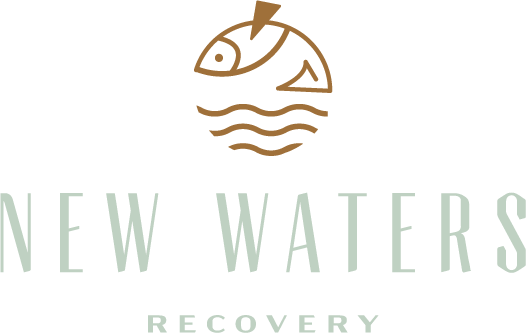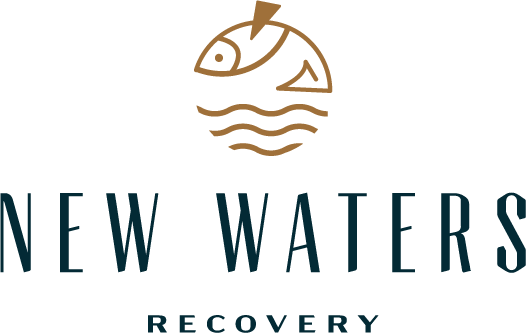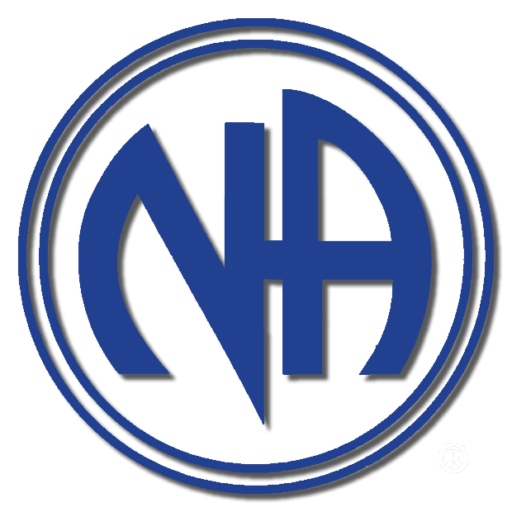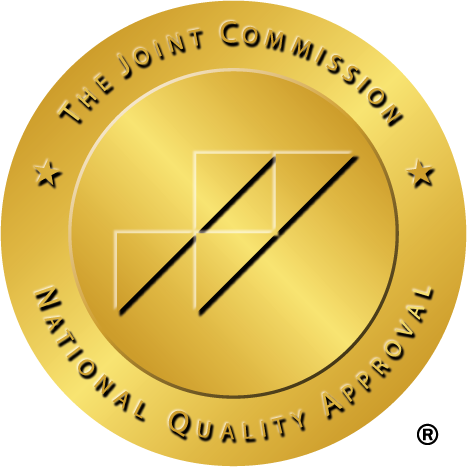One of the biggest concerns for many people with rehab is the cost. It can be overwhelming to pay for addiction treatment while trying to navigate the options available to you. Fortunately, rehab centers and government programs offer solutions for paying for treatment.
Many health insurance plans pay for part or all of addiction treatment, but it can vary by provider, coverage, and treatment facility. Insurance companies typically have in-network providers that offer lower prices for treatment and services for plan members. If you choose an out-of-network provider, addiction treatment could cost much more.
If you don’t have insurance or your plan doesn’t cover your treatment, you still have options. Treatment centers understand that costs can be a barrier for rehab, so many offer installment plans to help spread out the costs. There are also state-funded programs for grants, scholarships, and financial assistance. You can learn more about your options at the North Carolina Department of Health and Human Services.









